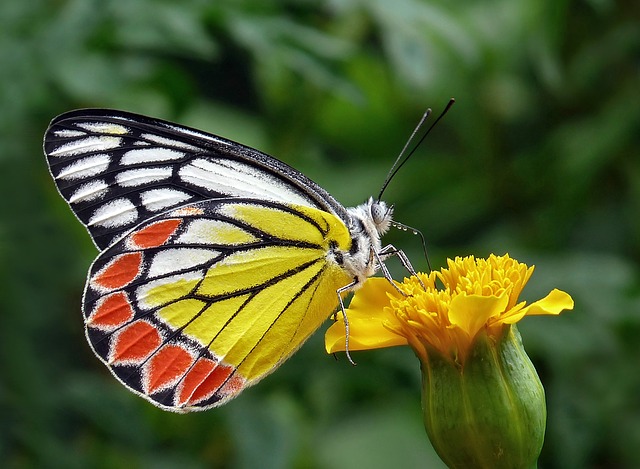As our awareness of environmental impact grows, so does the desire to incorporate sustainable practices into various aspects of our lives, including landscaping. In this blog, we’ll delve into eco-friendly landscaping practices that not only enhance the beauty of your outdoor space but also contribute to a more sustainable and nature-friendly lifestyle. From using native plants to implementing rain gardens and sustainable irrigation systems, let’s explore the path to landscaping for sustainable living.
- Harnessing the Power of Native Plants:
One of the fundamental principles of sustainable landscaping is the use of native plants. Native plants are naturally adapted to the local climate, soil conditions, and wildlife, requiring less water, fertilizer, and pesticides. They play a crucial role in supporting local ecosystems and promoting biodiversity. Choose native species for your garden beds, creating a habitat that attracts local pollinators and birds.
- Rain Gardens:
A rain garden is a beautiful and sustainable solution to manage stormwater runoff. By strategically placing plants that thrive in both wet and dry conditions, rain gardens help filter and absorb rainwater, preventing soil erosion and reducing the risk of water pollution. Incorporate native grasses, flowers, and shrubs in your rain garden for an aesthetically pleasing and environmentally beneficial landscape.
- Sustainable Irrigation Systems:
Water conservation is a key aspect of sustainable landscaping. Opt for irrigation systems that prioritize efficiency and minimize water waste. Drip irrigation, for example, delivers water directly to the base of plants, reducing evaporation and ensuring targeted hydration. Smart irrigation controllers equipped with weather sensors can adjust watering schedules based on real-time weather conditions, optimizing water usage.
- Permeable Hardscapes:
Replace traditional impermeable surfaces like concrete with permeable hardscapes, such as permeable pavers or gravel pathways. These surfaces allow rainwater to infiltrate the soil, reducing runoff and replenishing groundwater. Permeable hardscapes also help mitigate flooding and erosion while promoting healthy soil.
- Composting and Mulching:
Integrate composting into your landscaping routine to recycle organic waste and enrich the soil naturally. Compost provides essential nutrients to plants, improves soil structure, and enhances water retention. Mulching around plants helps suppress weeds, retain soil moisture, and regulate soil temperature, reducing the need for additional water and maintenance.
- Butterfly and Bee-friendly Gardens:
Create a haven for pollinators by planting flowers that attract butterflies and bees. Choose a diverse range of flowering plants with different blooming periods to provide a continuous food source for pollinators throughout the seasons. These gardens not only support biodiversity but also contribute to the pollination of local plants.
Landscaping for sustainable living goes beyond aesthetics; it’s about creating a harmonious relationship with nature. By incorporating native plants, rain gardens, sustainable irrigation systems, permeable hardscapes, composting, and pollinator-friendly gardens, you contribute to the health of the environment while enjoying a beautiful and sustainable outdoor space. Let your landscaping journey be a testament to the positive impact we can have on the planet by making conscious choices in our daily lives.
Contact RCH Landscaping Today for a Free Estimate

